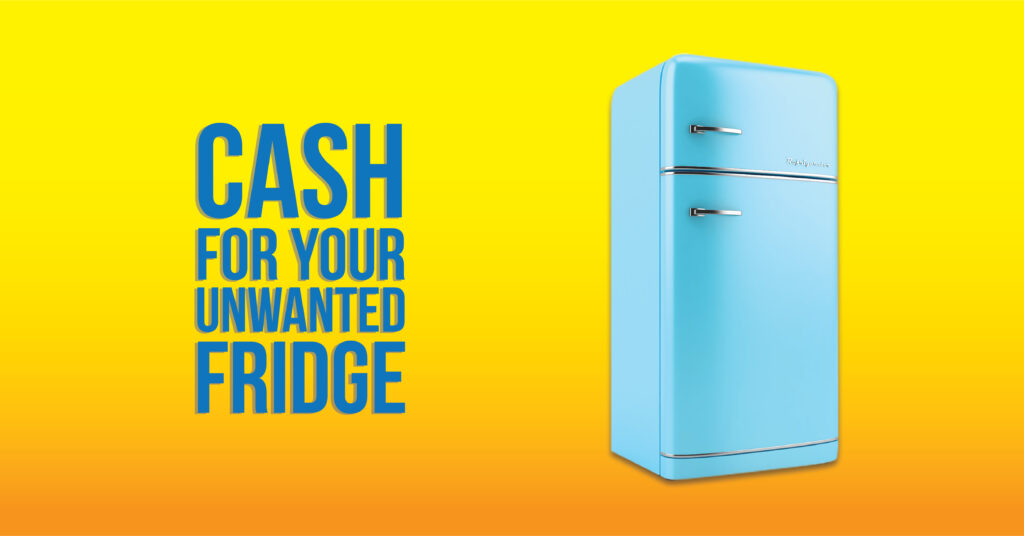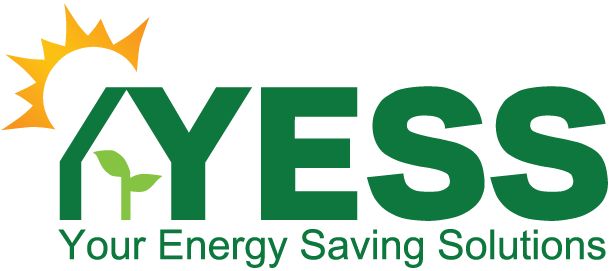How recycling your old fridge helps the environment

Refrigerators are an essential component of any household. Unfortunately, they do more than just keep our perishables cold. Fridges use “coolants” to function. These coolants contain chemicals that emit greenhouse gases. They, therefore, present an opportunity to save energy and help the environment. A dedicated REES activity makes it even easier to do this. This post is a basic explanation of how fridges can harm the environment, and how the YESS Fridge Recycling service can help you save.
Environmental considerations
While a variety of “refrigerants” are in use, some are more harmful than others. This is because the resulting greenhouse gases trap heat in the atmosphere. You may recall a time when the ozone layer was at the forefront of climate change discussions. As such, every nation on the planet has pledged to phase out of the chemicals most harmful to the ozone. Hydrochlorofluorocarbons (HCFCs) are the worst of such substances. The phase-out of HCFCs began in 1996 in Australia through bans on new appliances containing HCFCs. More efficient and “greener” alternatives have therefore been introduced, including “Greenfreeze” (R600A – isobutane). The good news is however that you don’t need to know what chemicals are in a fridge when purchasing a new one. Energy Rating Labels provide consumers with information on the energy efficiency of a product¹.
The chemicals in refrigerators do not just present an environmental hazard, but can also emit harmful gases during their disposal. Appropriately recycling an old or secondary fridge is, therefore, a cost-effective way to help the environment. So if you have an old fridge that you are tempted to keep as a second unit, recycling it can save on energy costs as newer models are generally more energy-efficient. South Australian concession holders may also be eligible for an eGift Card when recycling a secondary fridge.
References:
¹https://www.energyrating.gov.au/labelling: Labelling Overview
Updated on 25 February 2020
Related Articles
How to save on your energy bills in 2022
How to save on your energy bills in 2022 If you are a resident of South Australia looking to cut your energy bills, the Retailer Energy Productivity Scheme could be the answer you’re looking for.This energy-saving scheme provides incentives for South Australian households and businesses to save energy, and save on their electricity bills. To…
9 Government Rebates Available in South Australia.
9 Government Rebates Available in South Australia. Here’s what you need to know How much do you know about government rebates and incentives available in South Australia? If you’re like most people, not very much! The list of rebates offered by the Australian government is constantly growing, and it can be challenging to keep track…
